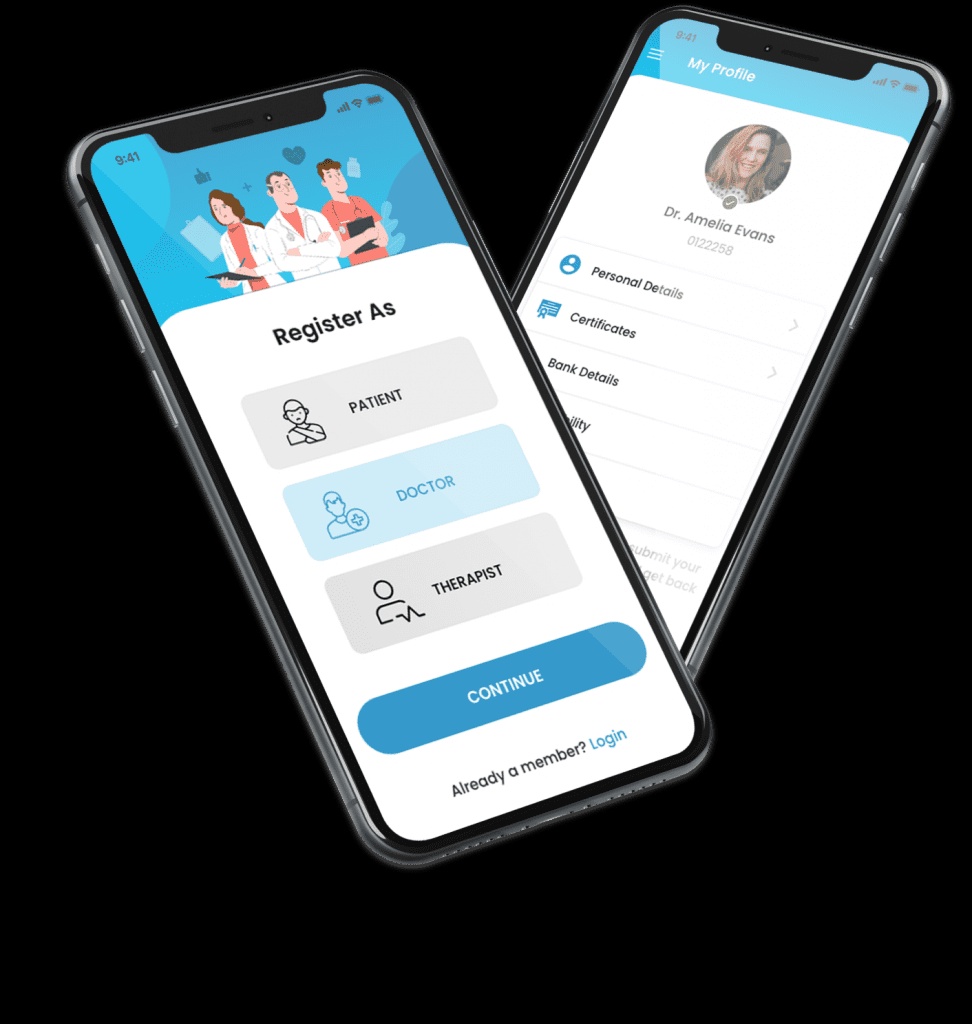Healthcare software development is a dynamic and rapidly evolving field that plays a pivotal role in transforming the healthcare industry. This specialized domain involves the creation, implementation, and maintenance of software solutions tailored to meet the unique challenges and demands of the healthcare sector. The fusion of technology and healthcare, through healthcare software development, has the potential to enhance patient care, streamline administrative processes, and improve overall efficiency within healthcare organizations.

In the realm of healthcare software development, the primary objective is to design and build robust, secure, and user-friendly applications that address the complex needs of healthcare providers, patients, and other stakeholders. These applications encompass a wide range of functionalities, spanning electronic health records (EHR), telemedicine platforms, health information exchange (HIE) systems, medical billing software, and more. The overarching goal is to leverage technology to facilitate the seamless flow of information, enhance communication, and ultimately contribute to better patient outcomes.
One of the key focal points in healthcare software development is the creation of Electronic Health Records (EHR) systems. EHRs serve as comprehensive digital repositories that store and manage patients' health information, medical history, diagnoses, medications, and treatment plans. The implementation of EHR systems is crucial for healthcare providers to access real-time patient data, leading to more informed and timely decision-making. Additionally, EHRs contribute to the reduction of paperwork, minimizing errors, and improving the overall coordination of care among healthcare professionals.
Telemedicine is another pivotal area within healthcare software development, especially in the wake of global events that have accelerated the adoption of remote healthcare services. Telemedicine platforms enable healthcare providers to conduct virtual consultations, monitor patients remotely, and facilitate the exchange of medical information over secure channels. This not only enhances accessibility to healthcare services but also promotes early intervention and preventive care, contributing to improved patient outcomes.
Interoperability is a key consideration in healthcare software development, emphasizing the need for different healthcare systems to seamlessly exchange and utilize information. Health Information Exchange (HIE) systems play a crucial role in achieving interoperability by enabling the secure sharing of patient data among different healthcare providers and organizations. This fosters a more cohesive healthcare ecosystem, allowing for comprehensive and coordinated patient care.
In the landscape of healthcare software development, security and compliance are paramount. The sensitive nature of health data requires robust security measures to protect patient confidentiality and ensure compliance with regulations such as the Health Insurance Portability and Accountability Act (HIPAA). Developers must implement encryption, access controls, and regular security audits to safeguard healthcare information from unauthorized access or breaches.

The ongoing evolution of healthcare software development also extends to the realm of artificial intelligence (AI) and machine learning (ML). These technologies hold immense potential in enhancing diagnostics, predicting patient outcomes, and optimizing healthcare workflows. From predictive analytics for disease management to image recognition for diagnostic purposes, AI and ML are reshaping the landscape of healthcare by providing valuable insights and augmenting the capabilities of healthcare professionals.
In conclusion, healthcare software development is a multifaceted and rapidly advancing field that leverages technology to address the unique challenges of the healthcare industry. By focusing on areas such as EHR systems, telemedicine platforms, interoperability, security, and emerging technologies like AI and ML, developers contribute to the creation of innovative solutions that improve patient care, streamline processes, and ultimately advance the overall effectiveness of healthcare delivery. As the healthcare landscape continues to evolve, healthcare software development will play a pivotal role in shaping the future of healthcare.


No comments yet